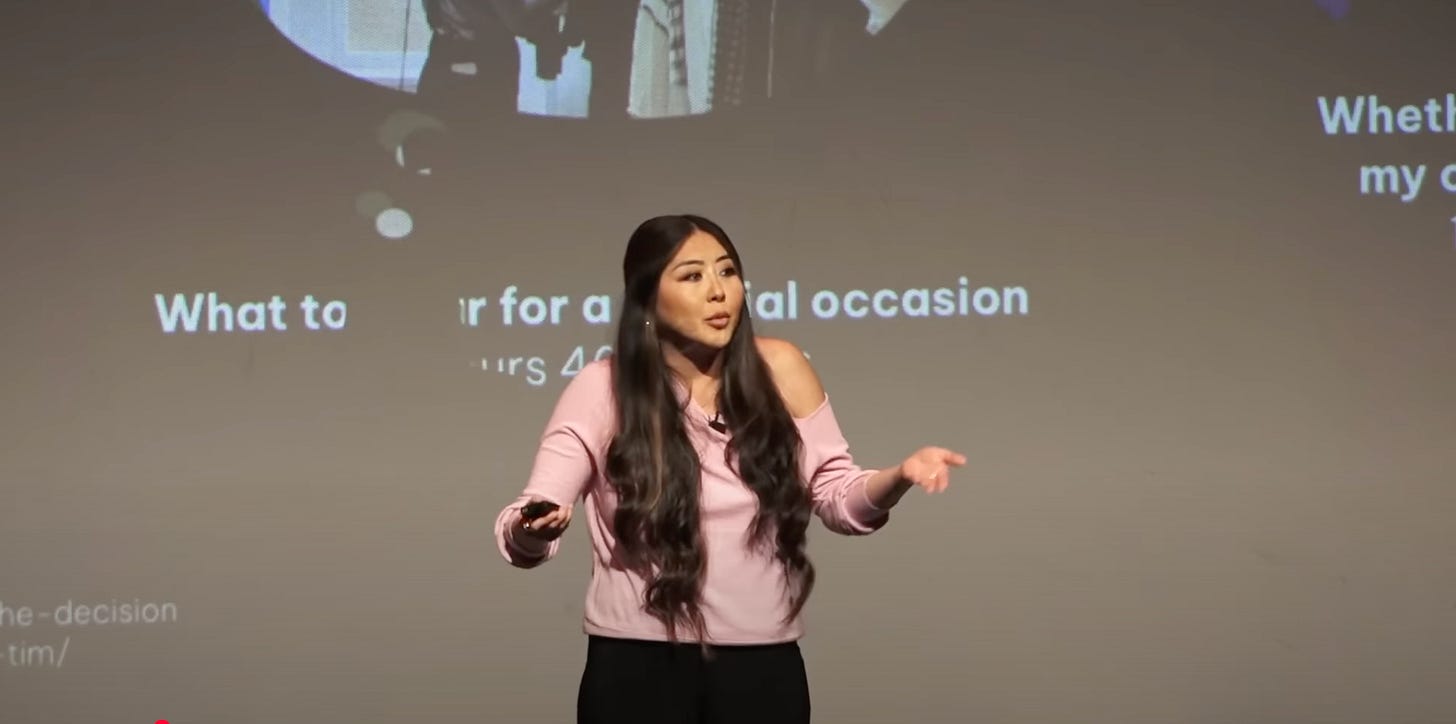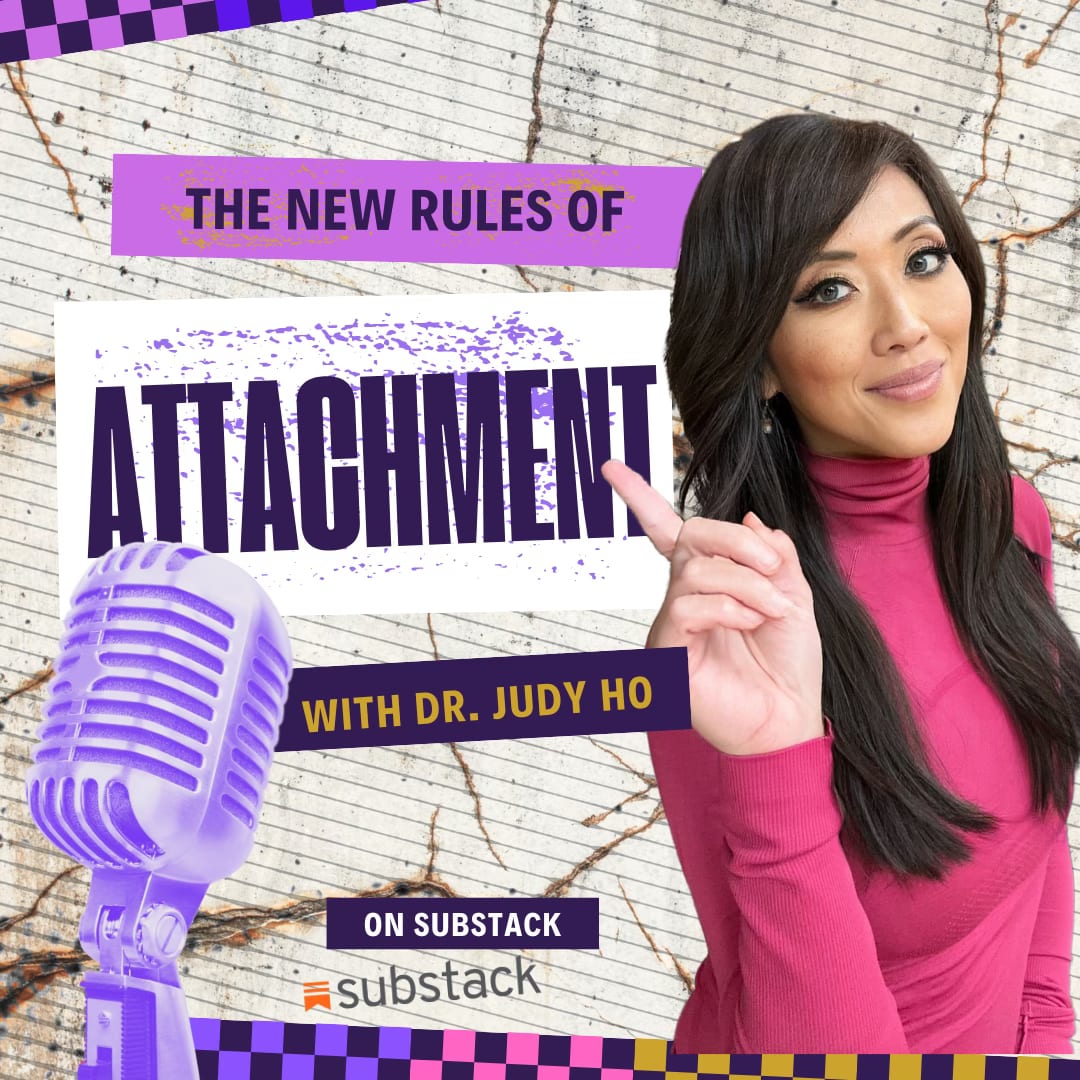Toxic productivity is the shadow side of ambition.
It’s not the healthy drive to work hard or do your best. It’s the inability to stop working—even when stopping is exactly what your brain and body need most.
At its core, toxic productivity is rooted in something called overcontrolled self-worth: the belief that your value is based on your output, accomplishments, or constant striving. It’s the sneaky compulsion to stay busy, keep producing, and always be doing, even when you’re exhausted, depleted, or losing sight of why you’re doing it at all.
In this post, we’ll explore why so many of us fall into the cycle of toxic productivity, how to spot the warning signs, and what to do instead. Because this form of “achievement addiction” doesn’t help you reach your goals—it sabotages them.
🎧 For a deeper dive, check out this week’s episode of Mental Health Bites (you can listen right here in substack, on Apple, or Spotify), where I unpack the science and psychology behind toxic productivity.
Why Do We Fall Into Toxic Productivity?
Studies have shown that people with perfectionistic concerns and performance-based self-esteem are significantly more likely to overwork—even when it harms their mental and physical health.
But it’s not just perfectionism driving this cycle. In my work, I often see three core psychological patterns behind toxic productivity:
1. Avoidance of Emotional Discomfort
Busyness becomes a coping mechanism. If you’re constantly doing, you don’t have to sit with difficult emotions like anxiety, grief, loneliness, or self-doubt.
2. Fear of Worthlessness or Rejection
Especially for those with anxious attachment or histories of conditional love, achievement becomes a proxy for acceptance. Slowing down doesn’t just feel inefficient—it feels unsafe.
3. Social Comparison and Digital Reinforcement
Algorithms reward hustle. Your feed is full of “no days off,” milestone celebrations, and endless wins. We absorb those messages—consciously or not—and start believing we’re falling behind.
Even among high-functioning individuals, this creates a dangerous feedback loop:
Work more → Feel stressed → Push harder → Burn out → Feel guilty → Work even more
And then we wonder why we’re chronically tired, irritable, and joyless—even when we’re “successful.”
Red Flags You’re Caught in Toxic Productivity
So how do you know if your effort is aligned and healthy—or if it’s crossed into something harmful?
Here are a few signs that toxic productivity may be at play:
You feel anxious or guilty when resting. Rest doesn’t feel earned—it feels indulgent or lazy.
You check tasks off a list but feel no satisfaction. It’s all output, no meaning.
You measure your self-worth in terms of how “productive” you were that day.
You feel irritable or panicked during downtime—like on weekends or vacations.
You can’t name why you’re doing half the things on your list. The purpose has been lost in the pace.
Bottom line? True productivity aligns with purpose. It energizes and fuels your life. Toxic productivity drains you—while convincing you that you need to do more.
How to Break the Hustle Cycle: Values-Based Living
If you want to break free from toxic productivity, one of the most powerful tools I teach is values-based living.
But first—what are core values, exactly?
Core values are the fundamental beliefs and guiding principles that shape how you want to live, work, and connect with others. They reflect what truly matters to you—beyond external achievements or societal expectations.
When your actions align with your values, you feel grounded, energized, and purposeful.
When they don’t, life feels like you’re chasing someone else’s goals on someone else’s timeline.
Here’s a simple exercise to help you reconnect with what matters.
Step 1: Name Your Top Three Core Values
These might be connection, creativity, health, growth, spirituality, or something else entirely.
Ask yourself:
What matters most to me beyond achievement? What actually makes me feel fulfilled?
Step 2: Look at Your Calendar
Now ask:
Does how I spend my time reflect those values?
You may find a gap. That’s not failure—it’s insight. A roadmap to realignment.
Step 3: Adjust One Task or Commitment
For example: If you value connection but have been skipping time with friends to “catch up on emails,” could you swap one hour of admin for one hour of meaningful connection?
This one simple shift can begin to recalibrate how you relate to your time, energy, and self-worth.
When you live from your values, your productivity becomes healthier. It’s no longer about proving your worth—it’s about expressing it.
Final Thought
Toxic productivity can sneak up on any of us—especially those who are driven, compassionate, and trying to build meaningful lives.
But here’s your reminder:
You are not your output.
You don’t need to earn your rest.
And the life you want isn’t built through burnout—it’s built through alignment.
If this post hit home, please consider forwarding it to someone who needs this message. And if you’re ready to live more from your values, not your to-do list—start today.
Here’s to Your Health,
Dr. Judy
Shoutout Corner: My Sister’s TEDx Talk is a Must-Watch
If you haven’t had a chance to check out my sister Maria Ho’s TEDx talk yet, you should! Her TEDx talk was an editor’s pick and no wonder - because it’s brilliant. Drawing from her extraordinary career as a Hall of Fame poker player, she shares how to make confident, effective decisions when the pressure is high and the information is incomplete (sound familiar?). It’s a talk that’s not just about poker—it’s about life, leadership, and learning to trust yourself in uncertain moments. I couldn’t be prouder.
👉 Watch Maria’s TEDx talk here.
Order The New Rules of Attachment here: https://bit.ly/3MvuvvF
Take my attachment styles quiz
About me:
Dr. Judy Ho, Ph. D., ABPP, ABPdN is a triple board certified and licensed Clinical and Forensic Neuropsychologist, a tenured Associate Professor at Pepperdine University, television and podcast host, and author of Stop Self-Sabotage. An avid researcher and a two-time recipient of the National Institute of Mental Health Services Research Award, Dr. Judy maintains a private practice where she specializes in comprehensive neuropsychological evaluations and expert witness work. She is often called on by the media as an expert psychologist and is also a sought after public speaker for universities, businesses, and organizations.
Dr. Judy received her bachelor's degrees in Psychology and Business Administration from UC Berkeley, and her masters and doctorate from SDSU/UCSD Joint Doctoral Program in Clinical Psychology. She completed a National Institute of Mental Health sponsored fellowship at UCLA's Semel Institute.



















Share this post